UP IHR conducts Second FGD on the Human Rights Impact of the Philippines’ Transition to Circular Economy
The UP Law Center Institute of Human Rights (UP IHR) conducted its second focus group discussion (FGD) on 14 June 2024, as part of its initiative to examine the Extended Producer Responsibility Act (R.A. No. 11898, or EPRA) and its impact on various sectors. The FGD was attended by representatives from several corporations and organizations, including SGV & Co., Philippine Plastics Industry Association, Universal Robina Corporation, Plastic Bank Philippines, Coca-Cola Beverages Philippines, PCX Solutions, Philippine Alliance for Recycling and Material Sustainability (PARMS), CEMEX Philippines, and Republic Cement.
UP IHR Director Professor Elizabeth Aguiling-Pangalangan opened the discussion by emphasizing the nation’s commitment to sustainability through EPRA. She outlined how EPRA affects critical areas such as environmental protection, the livelihood of informal waste pickers, and the country’s transition to a circular economy. Atty. James Gregory A. Villasis, UP IHR’s University Researcher and Project Lead, provided an overview of the initiative, underscoring the implementation challenges of EPR laws, especially considering the Philippines’ significant contribution to global plastic waste.
During the FGD, participants compared EPRA to previous solid waste management laws, highlighting its unique requirement for obliged enterprises to actively create and implement EPR programs. This accountability for plastic waste production brings new human rights implications, particularly for environmental impact, the livelihoods of waste pickers and fisherfolk, and the gender aspects of waste management. Key contributions and challenges were shared by sector representatives including investments in recycling facilities, compliance policies, and the business costs of exploring alternatives.
The discussion focused on collaborative efforts and challenges faced by various stakeholders in implementing EPRA and transitioning towards a more sustainable and circular economy. Ultimately, participants expressed optimism that the enactment of EPRA will increase the involvement of large enterprises, consumers, and informal waste pickers in EPR program implementation. EPRA aims to promote a fair and just transition to equitable waste management by prioritizing the welfare of all stakeholders. In closing the session, UP IHR’s Head Legal Officer Atty. Raymond Marvic C. Baguilat emphasized the need to examine current EPR laws and policies from the nuanced perspective of the obligated enterprises, in order to ensure that the goals and objectives of the law are achieved.

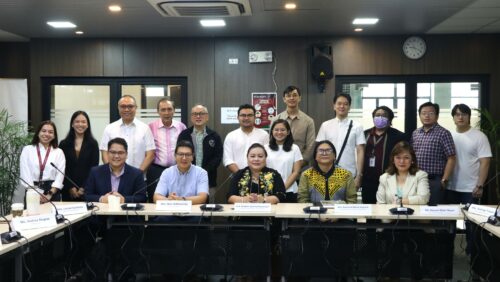
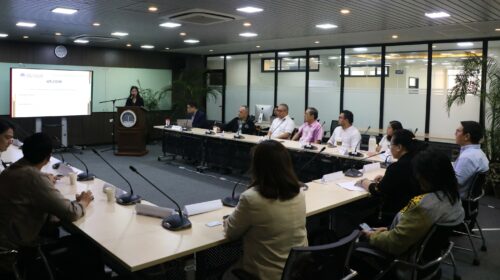
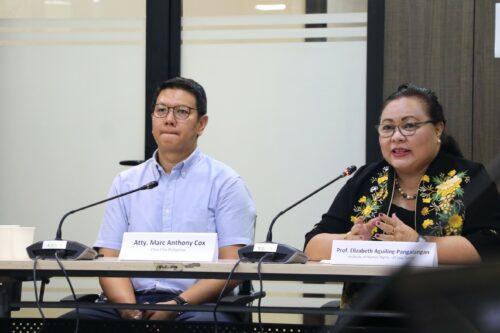
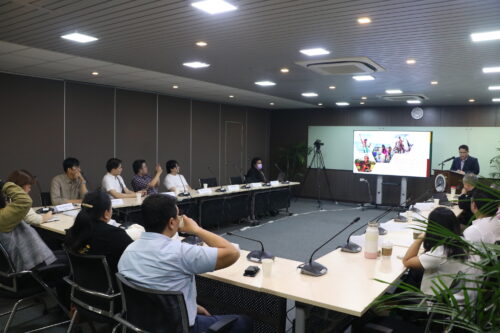
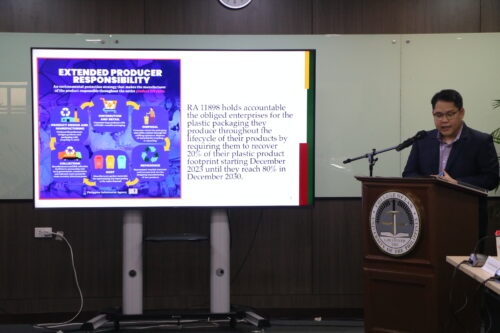
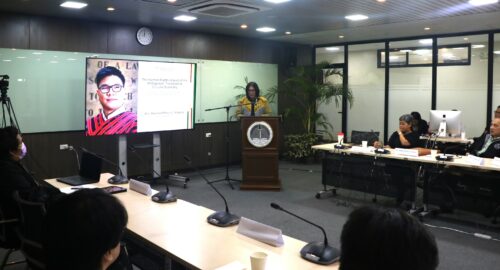
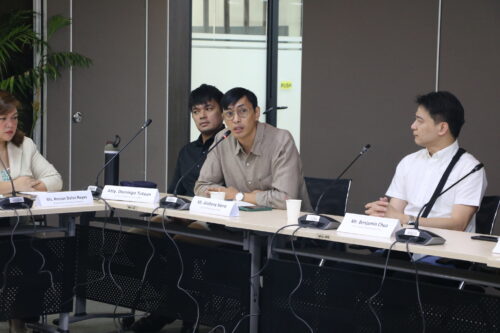
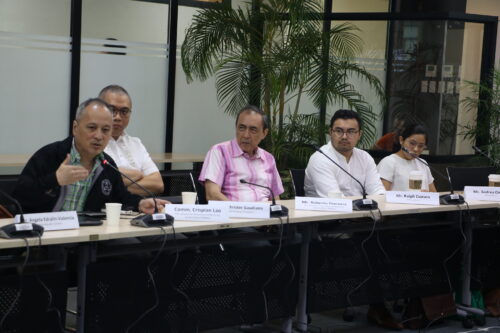






































































































 on the upper right corner to select a video.
on the upper right corner to select a video.